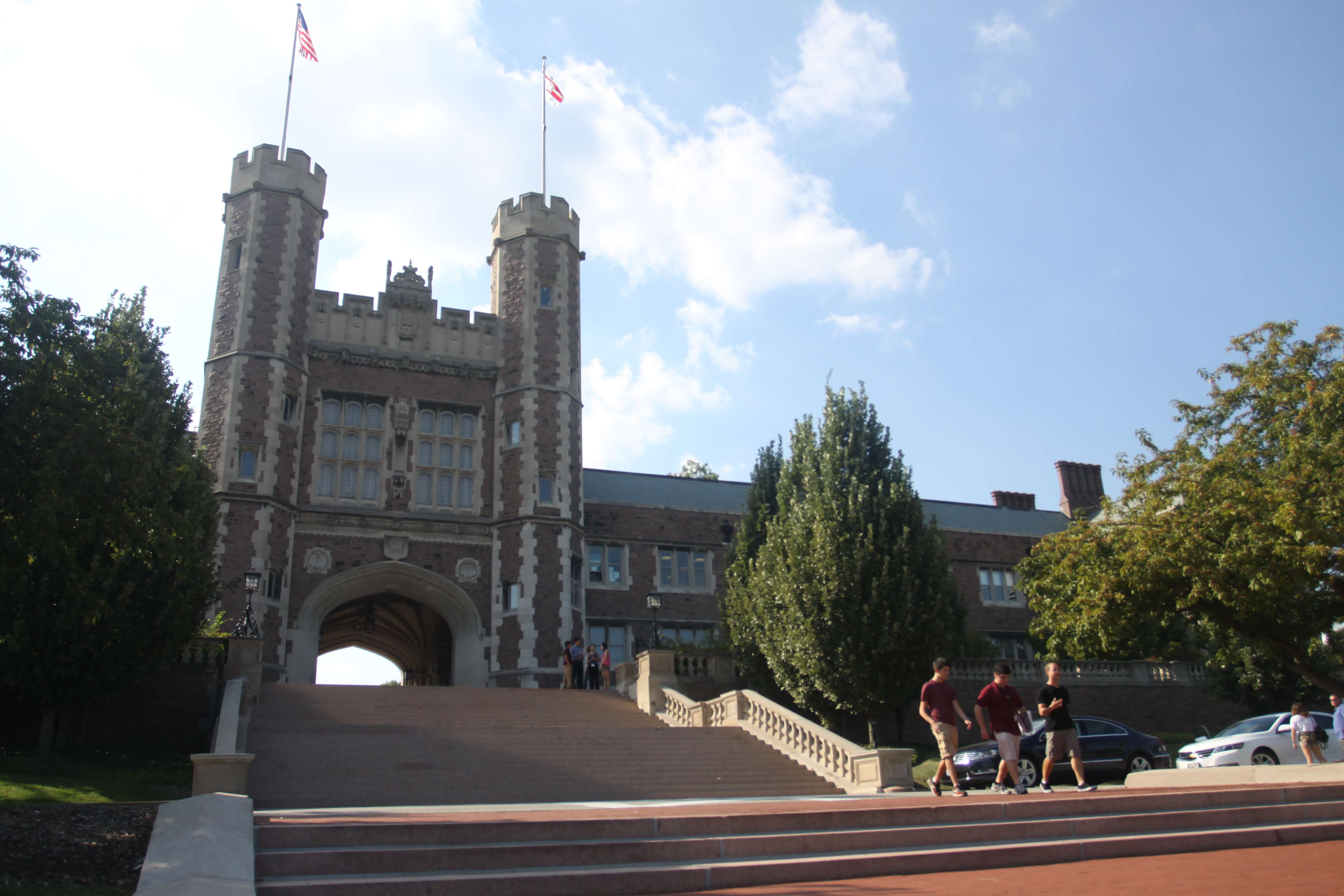Missouri Scientists Launch Specimen Bank to Aid Research in Fight Against COVID-19
- July 01, 2020
 Researchers at Washington University in St. Louis, Missouri, are collecting samples from hundreds of people who have had COVID-19 as they work to answer a multitude of questions about the coronavirus.
Researchers at Washington University in St. Louis, Missouri, are collecting samples from hundreds of people who have had COVID-19 as they work to answer a multitude of questions about the coronavirus.
By creating a centralized specimen bank and sharing samples among labs, Washington University physicians are hoping to streamline the research process. Researchers often recruit patients individually for separate studies, but that kind of approach can be cumbersome during a pandemic, according to Jane O’Halloran, Assistant Professor of Medicine at Washington University and Infectious Disease Specialist.
“We knew that there were literally hundreds of questions that people wanted to answer,” said O’Halloran, adding that it could become “very overwhelming very quickly” for patients if multiple researchers contacted them simultaneously.
In early March, O’Halloran and Washington University Assistant Professor of Emergency Medicine Philip Mudd met to discuss the possibility of creating a COVID-19 specimen bank. Two and a half weeks later, they began collecting their first samples from COVID-19 patients in St. Louis.
“The whole process would normally take at least six months,” said Mudd. “It was a very fast turnaround from conception to starting the project.”
About 20 labs at Washington University School of Medicine, and others across the St. Louis area, are now using the samples for a broad range of studies, including research on immune responses to the virus and whether genetic factors may put a person at higher risk.
Washington University Immunologist Ali Ellebeddy is also using the samples to isolate human antibodies against the virus, which could be used in the future as a potential treatment for COVID-19.
“His lab has already generated several antibodies, several of which are very good at neutralizing the virus, at least in the test tube,” said Mudd.
O’Halloran explained that because so much of COVID-19 research is still in very early stages, the samples are an essential part of understanding the virus and developing ways to prevent infection.
What Next?
- Talk to our CEO, Subash Alias, about business expansion opportunities at 314.932.3973 or via our contact form.
- Check out our available certified sites & buildings for your site selection needs.
- See how Missouri’s business climate ranks in comparison to other states in the U.S.
- Learn more about why Missouri is a top state for health innovation business expansion.